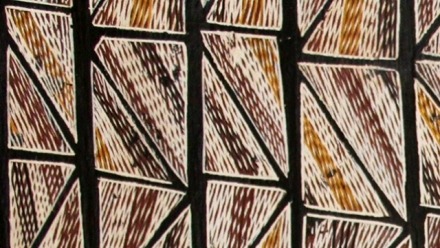Legal ‘personhood’ for rivers versus Aboriginal ‘caring for country’

There is an emerging dialogue in various national and international forums which contends that giving ‘legal personhood’ to rivers is the best way to protect them, with the promotion of this concept in New Zealand, India and Bolivia. The assumption in the ‘rights of nature’ paradigm is that all ‘beings’ seek to ‘exploit, destroy and abuse’ the earth. It has been stated that ‘a new generation of lawyers are searching for ways to transform the legal systems of industrialised nations to nurture a harmonious relationship between people and the non-human world’ through, for example, the legal personhood concept. I contend that this proposition is antithetical to Aboriginal peoples’ inherent rights and obligations as First Peoples, which have operated effectively for tens of thousands of years in Australia, and is essentially counterproductive.
Biography
Dr Virginia Marshall is the Inaugural Indigenous Postdoctoral Fellow with The Australian National University's School of Regulation and Global Governance (RegNet) and the Fenner School of Environment and Society. She is a practising lawyer and duty solicitor, a former associate & researcher with the Federal Court of Australia in Sydney and professional member of the NSW Law Society and Women Lawyers Association of NSW. Former Senior Legal Officer of the Australian Law Reform Commission and inquiry into 'Family Violence & Commonwealth Laws: Improving Legal Frameworks' (ALRC 117), Executive Officer of the NSW Government's 'Aboriginal Water Trust' and criminal defence lawyer with NSW Legal Aid.
Virginia is the winner of the WEH Stanner Award for the best thesis by an Indigenous author, titled, 'A web of Aboriginal water rights: Examining the competing Aboriginal claim for water property rights and interests in Australia'.
Media
https://soundcloud.com/user-763545963/vmarshallseminar11april2018







